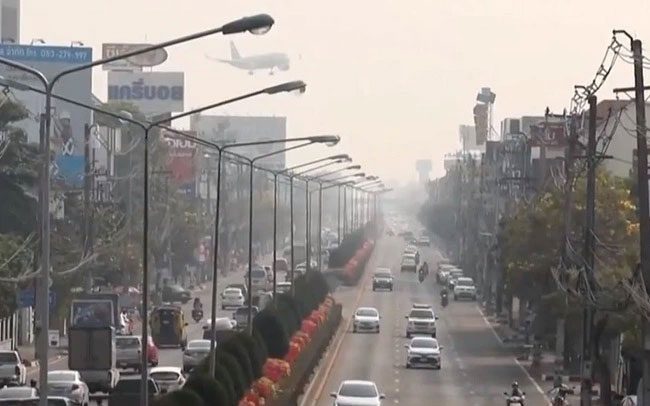More than 90% of the population in Thailand is living in conditions where air quality falls below the safety standards set by the World Health Organization. This situation could potentially reduce the average life expectancy of Thais by 1.8 years.

Long-term exposure to fine dust can lead to chronic diseases among the population. (Illustrative image).
The Thai Ministry of Industry reports that air pollution, particularly PM2.5 fine dust, primarily results from activities such as burning forests or crops, especially sugarcane, affecting around 44 million people in Thailand each year. Prolonged exposure to fine dust can lead to chronic illnesses, including respiratory and heart problems.
According to the Thai Ministry of Industry, the farming practices in the country often involve burning stumps after harvest. While this method is cost-effective, it has detrimental effects on the environment.
Since 2019, the Thai government has implemented measures to tackle the PM2.5 fine dust issue, including regulations to penalize farmers who are caught burning crops after harvest.
Additionally, the Thai government has provided a subsidy of 120 baht (approximately 3.4 USD) per ton of produce for farmers to hire labor or purchase machinery to efficiently and cleanly remove stumps after harvest. To date, Thailand has disbursed approximately 410 million USD for this program.
According to the Thai Cancer Institute, the country has been grappling with poor air quality, including PM2.5 pollution, for over 25 years. Statistics show that the number of patients suffering from air pollution-related illnesses in Thailand is steadily increasing. In just the first quarter of this year, around 1.7 million people were reported to be suffering from air pollution-related diseases.


















































